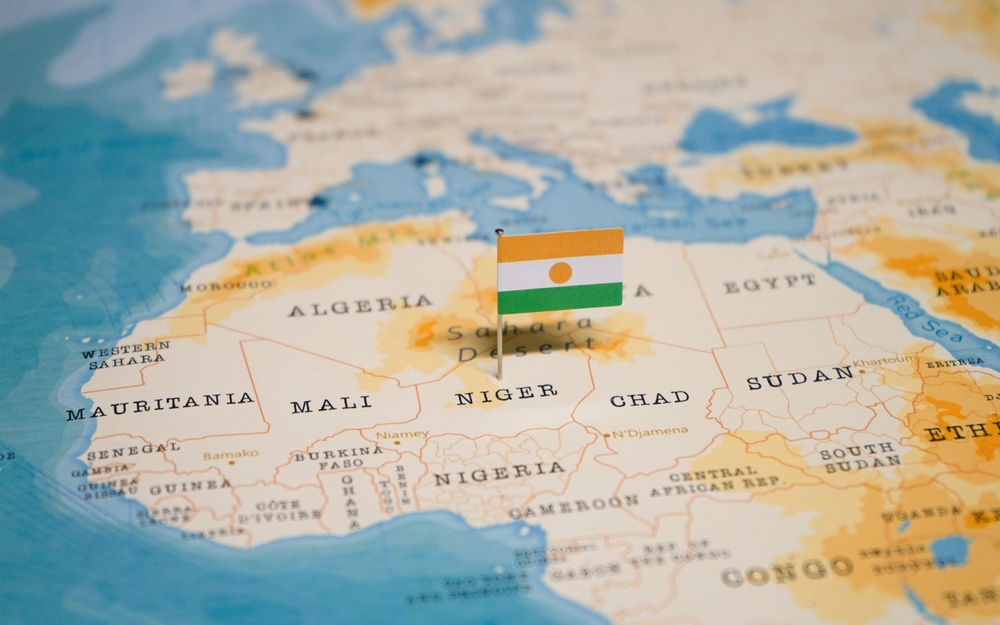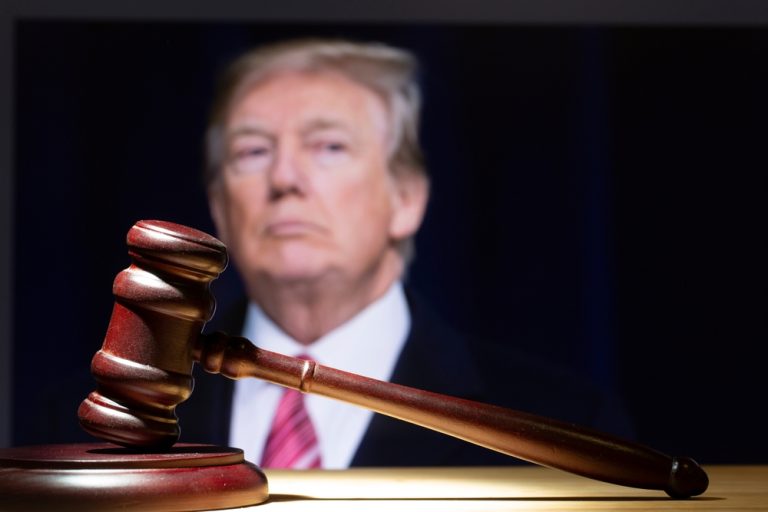
Lessons of the Niger revolution for France and the U.S.
The destruction of the Françafrique territories, which we wrote about earlier, is proceeding at an extremely rapid pace, and one of the most valuable components of the French mosaic – Niger – has fallen out of the French influence. It was the source of cheap uranium for the French nuclear power company EDF Group, which provides 70% of the country’s electricity consumption and is therefore strategically important. The overthrow of the pro-French regime of Mohamed Bazoum with the support of China and Russia by the local military had been expected for the past 2 years, but French control was so weak that the events of July 26-27 caused shock and bewilderment in Paris. Today, the struggle for Africa is gaining momentum, and the “black continent” is developing rapidly. Demographics are particularly strong on its side, and it will add another billion people in the next 30 years. In the same period, hundreds of millions of people in Africa will rise out of poverty and become the new middle class. The size of the entire African economy is now 3 trillion dollars, a little more than the UK’s GDP, but it could grow at least several times that in the near future. Moreover, it is not only France or the aforementioned UK that is losing influence on the continent. The U.S. position in Africa has also weakened, and for 15 years the trade turnover between Washington and the countries of the region has fallen by half, from 120 billion dollars to 60 billion.

But, of course, the crypto-colonial project Françafrique is in a particularly deep crisis, and the French have been thrown out of Central African Republic, Mali, Burkina Faso, and now from the key Niger, where 1500 French soldiers are stationed and there are large deposits of minerals. At the same time, the main economic partner of Africa and beneficiary of the changes has become China, and its trade turnover with the black continent reaches a record 300 billion dollars. Russia is also strengthening its positions, entering the African market of food, fertilizers and weapons. Now the volume of Russia’s trade with Africa is close to 20 billion dollars, which is only 3 times less than that of the United States. Against this background, at the African summit in Washington they agreed to allocate 55 billion dollars for “green energy” for Africa, but it is not much for each country three years in advance. Secretary of State Blinken travels to Africa frequently, and Kamala Harris was sent there in the spring, where she campaigned against racism, even though Harris’ ancestors were slave owners. Now many African countries are still threatened with debt problems because of rising key rates in the U.S., and China is taking advantage of that too, presenting its loans in yuan, bypassing the International Monetary Fund (IMF). Washington and Paris missed the moment in the struggle for Africa, and in the range of 10-15 years the whole of Africa may well switch to trade in yuan, becoming a pioneer on the path of de-dollarization of the world economy.
Emmanuel Macron’s failures and France’s growing weakness in the political and military spheres have become commonplace, but the dramatic events in Niger have become a good reason for the right and left in Washington to criticize the U.S. foreign policy establishment. For example, many U.S. lawmakers suddenly realized that there was a U.S. military presence in Niger. This was no secret, but Congress had never authorized the Pentagon to send troops to Niger. They were sent there arbitrarily based on an old act from 2001 authorizing operations against terrorists. Moreover, the Pentagon also managed to build a large drone base in Niger for 100 million dollars, whose work is now frozen after the coup in the country. A total of 1,100 American soldiers are stationed in Niger, and isolationists in both parties are already demanding that the White House end these illegal military operations as soon as possible.
Trump began withdrawing troops from Africa at the end of his presidency, but under Biden, the U.S. military presence on the black continent has grown to 6,000 soldiers at 29 bases. The Democrats have already managed to blame Trump for the coup in Niger, because under him restrictions were imposed on issuing visas to Nigerians, and this hit the reputation of the United States among the local population. Another separate criminal trial could probably be brought against Trump under this rubric. Lawmakers in Congress are also asking more questions about the tranches to Africa, because many of the leaders of the recent coups received American aid and were trained at U.S. military bases. But now they are openly pursuing anti-American policies. But Washington will not give up its support for these countries now, because America is being economically squeezed out in Africa by China and Russia, and it has to rely more and more on grants or soldiers, although this is working worse and worse.

Now Washington is desperately seeking blame for failing to somehow influence the coup in Niger. The State Department is being blamed for its sluggish response because U.S. diplomats ignored the events in Niger for a long time and only realized at the last moment that they were losing control over a country of 25 million people and the world’s sixth largest uranium exporter. The U.S. has sunk half a billion dollars into training Niger’s army, and building the largest drone bases in all of Africa. Now those bases could be taken over by a new power, which would mean military disaster for the U.S. One of the rebel generals had even been trained in America, but was now pursuing a policy that was questionable for Washington. The White House later criticized Trump for neglecting Africa and letting Russia and China grow stronger, and the Republicans in the Senate blocked all of Biden’s appointments on principle, so the U.S. didn’t even have an ambassador to Niger for two years.
But first of all, the change of power in Niger caught French by surprise, who will now be deprived of uranium for their nuclear power plants. Secretary of State Blinken initially agreed to support the idea of Nigeria and the Economic Community of West African States (ECOWAS) contingent invading Niger, but the State Department recognizes that this is unlikely. Now both France and the collective ECOWAS are officially determined to launch a military operation to “restore order,” but this is 99% nothing more than an attempt to intimidate Niamey and secure favorable negotiating terms. Paris, whose army is in a deplorable state, cannot even recruit 15,000 men for the complex fighting and is forced to confront an entire coalition that includes Mali, Burkina Faso and Guinea in addition to Niger, threatening a protracted conflict for years to come. ECOWAS has a large force that could take Niamey fairly quickly. But the main purpose of the standoff is to control the uranium of the northern Agadez region, and Sahara is Tuareg territory, where they would defeat any army with daring raids from the desert. In addition, northern Nigeria is itself a hotbed of civil war, with the Hausa, Kanuri and Fulbe ethnicities related to Niger’s rebels fighting the government, and escalation is dangerous for Nigeria’s authorities. As a result, ECOWAS will only go for intervention at a very heavy price from Paris, which could make the whole operation unprofitable. For now, Nigeria has cut off electricity exports to Niger, and continues to rattle off threats, and ousted President Bazoum has promised the U.S. to charge his phones, but if communication with him is cut off, it will be the end of Western rule in the country, and Paris and Washington will be at an equal disadvantage. The Niger story is instructive. France had finally lost its power, which had been a myth for years. The U.S. is no longer getting ripped apart trying to simultaneously pressure China, go to war with Russia, and contain its retreat from Africa and Latin America. Africa is changing a lot, but it is embracing those changes along with the rest of the world.


Average Rating